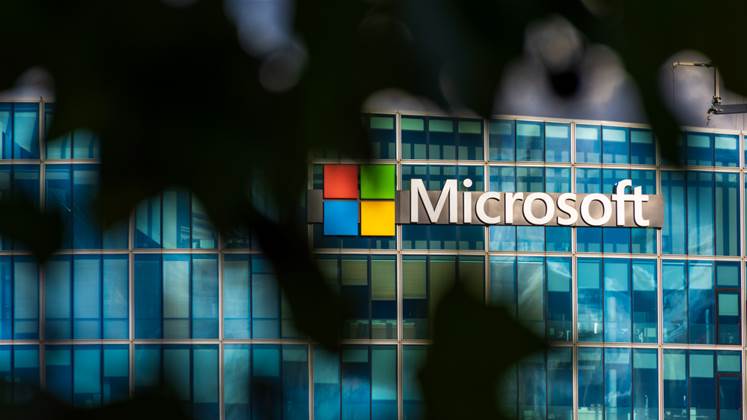The federal government’s Microsoft volume sourcing arrangement has ballooned to more than $800 million, more than eight times its value in 2019, as more agencies take up Office 365 and Azure.

The agreement with Data#3 – the government’s exclusive Microsoft licence reseller – is now in its fourth iteration, having been renewed by the Digital Transformation Agency in July 2019.
When it was renewed, the common cloud committee component (CCC) of the agreement, covering commonly used Microsoft products like Office and Windows, was valued at $96.2 million over three years.
A year later, the contract value climbed to $200.2 million, leading the DTA to clarify that reported spend is annualised, meaning the contract would likely cost $300 million-plus over three years.
But since then, the contract has swelled to $807.6 million, adding more than $600 million since the latest financial year began in July.
Most of this increase can be attributed to a single $490.2 million amendment in late September that extends the life of the agreement by a further three years, or until the end of June 2025.
A spokesperson told iTnews that unlike the first three years, where spending was annualised, the government has now “moved to a three-year commitment for greater operational efficiency”.
Another $102.7 million of the extra spend is for the arrangement’s third year of operation, while the remaining $10.7 million is for additional work orders and new agencies joining the CCC subscription.
At $490.2 million for the next three years, the extension is about $170 million more than the agreement cost over its first three years.
It also means the fourth iteration of the volume sourcing arrangement will be the most costly since the coordinated procurement of Microsoft licensing was introduced 2008 at $134.6 million per year.
The previous version, which covered the period July 2013 to June 2016, was worth $281 million, according to iTnews' analysis of past volume sourcing arranfement contract values.
A DTA spokesperson would not say why the agreement was worth so much more over the next three years compared to the previous three.
“The DTA has established a dedicated centralised environment where agencies can purchase Microsoft’s M365 E5 if it is deployed enterprise-wide,” the spokesperson said.
“The scope of products and services under the arrangement has not changed.”
As is the case across all industry, there has been a massive uptick in Office 365 use following the work-from-home shift during the pandemic.
Azure use has also been increasingly steadily since the launch of two Azure public cloud regions in Canberra a year earlier.
The Department of Defence, for instance, stood up a suite of protected-level Microsoft collaboration tools called the virtual environment for remote access (VERA) for its workforce to work from home.
Even before the pandemic, the DTA had planned to fast-track the adoption of Microsoft Windows 10 and Office 365 across government using a single blueprint for configuration and deployment.



_(23).jpg&h=140&w=231&c=1&s=0)

_(33).jpg&h=140&w=231&c=1&s=0)





 iTnews Benchmark Awards 2026
iTnews Benchmark Awards 2026
 iTnews Executive Retreat - Security Leaders Edition
iTnews Executive Retreat - Security Leaders Edition
 iTnews Cloud Covered Breakfast Summit
iTnews Cloud Covered Breakfast Summit
 The 2026 iAwards
The 2026 iAwards












_(1).jpg&h=140&w=231&c=1&s=0)



